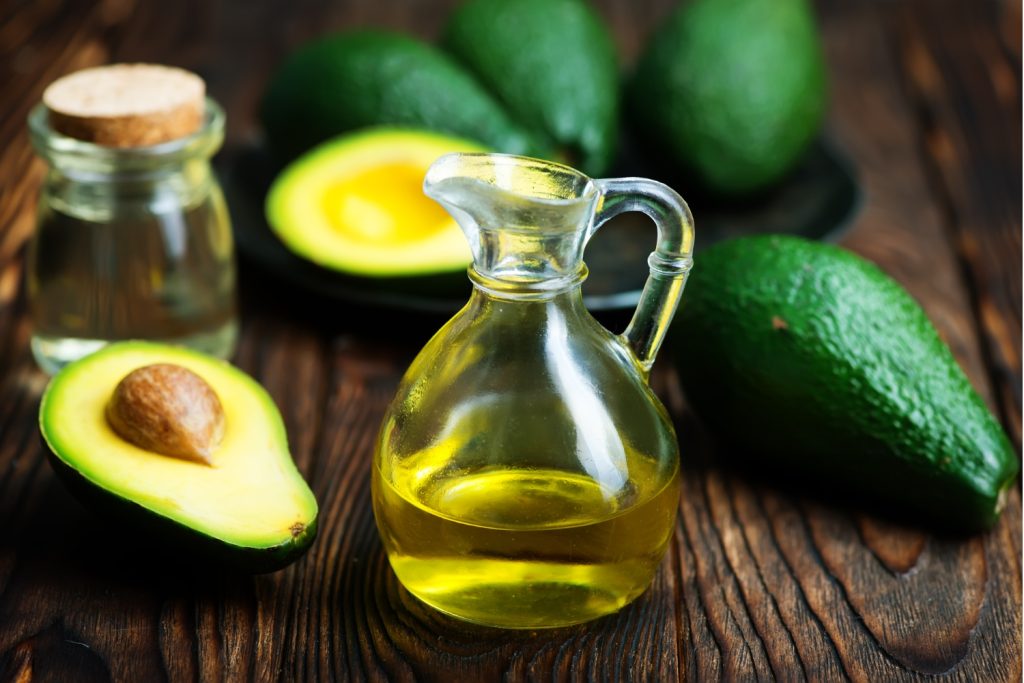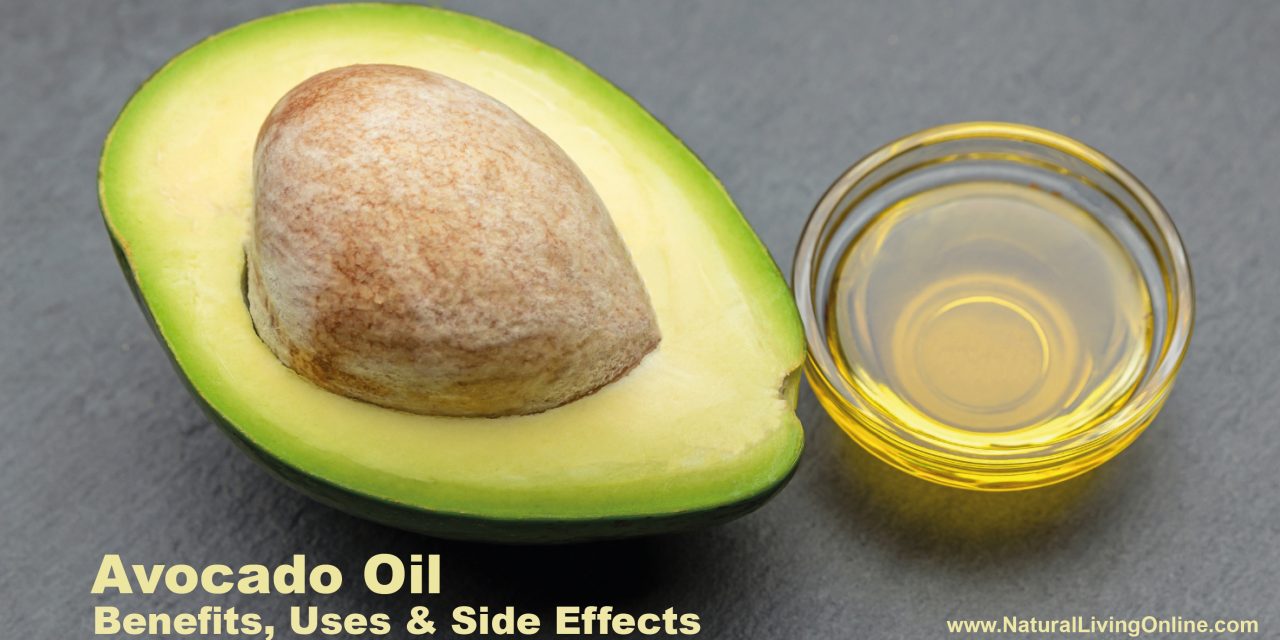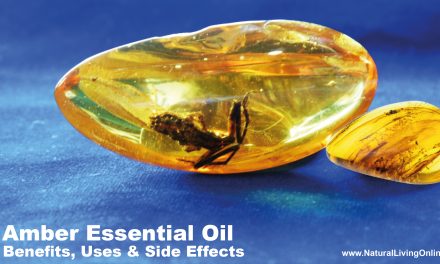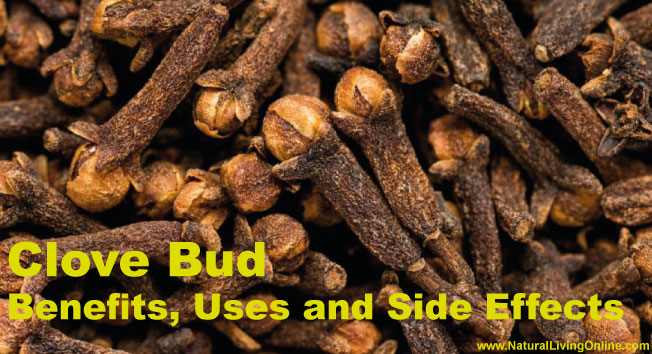Avocado oil, derived from the fruit of the avocado tree, has gained traction as a healthful choice in the kitchen and beyond. This culinary oil is not only lauded for its flavor but also for its rich nutritional profile, which includes beneficial fats and antioxidative substances. It contains a high concentration of monounsaturated fats, particularly oleic acid, which is associated with several health benefits. When consumed as part of a balanced diet, avocado oil may contribute to improved heart health and has been shown to enhance the absorption of important nutrients from other foods.
Aside from its internal health benefits, avocado oil is also used topically for skin and hair care, thanks to its moisturizing properties. In the kitchen, it serves as a versatile ingredient—suitable for both high-heat cooking and finishing dishes. Its mild taste and high smoke point make it a favorable alternative to more traditional cooking oils for a variety of culinary applications. However, while avocado oil is generally well-tolerated, it is important to be aware of any potential side effects, particularly for individuals with specific food sensitivities or allergies.
Key Takeaways
- Avocado oil offers health-promoting fats and aids nutrient absorption.
- It is versatile for cooking and cosmetic use due to its high smoke point and moisturizing properties.
- Avocado oil is typically safe but should be used cautiously by those with allergies.
Avocado Oil Profile

Botanical Name: Persea americana
Family: Lauraceae
Common Names: Avocado oil, Butter pear oil, Alligator pear oil
Plant Description: The avocado tree is a medium-sized, evergreen tree native to Central and South America. It can grow up to 20 meters (65 feet) tall, with leaves that are elliptic to oval in shape. The tree produces pear-shaped fruits, known as avocados, which contain a single large seed and are rich in healthy fats.
Oil Description: Avocado oil is extracted from the pulp of the avocado fruit. It is typically green in color when unrefined, due to its chlorophyll content, and has a rich, nutty aroma. Refined avocado oil is lighter in color and has a milder scent.
Extraction Method: The oil is extracted through cold pressing or mechanical extraction, which helps retain its nutritional and therapeutic properties. Solvent extraction can also be used, but it is less common for high-quality oils.
Chemical Composition
Avocado oil is rich in monounsaturated fatty acids and contains a variety of vitamins and nutrients. The key components include:
- Oleic acid (about 70%)
- Palmitic acid (about 10-20%)
- Linoleic acid (about 10%)
- Palmitoleic acid (about 5%)
- Stearic acid (about 1%) Additionally, it contains vitamins A, D, E, and K, as well as beta-sitosterol, lecithin, and chlorophyll.
Properties
- Emollient: Deeply moisturizes and nourishes the skin, making it soft and supple.
- Anti-inflammatory: Reduces inflammation and soothes irritated skin.
- Antioxidant: Protects the skin from free radical damage and environmental stressors.
- Regenerative: Promotes wound healing and skin cell regeneration.
- Penetrative: Easily absorbed into the skin, delivering nutrients deep into the tissue.
Uses
Skin Care
- Moisturizer: Used in creams, lotions, and serums to hydrate and soften the skin.
- Anti-aging: Reduces the appearance of fine lines and wrinkles and improves skin elasticity.
- Sunburn Relief: Soothes and heals sunburned skin.
- Scar Treatment: Helps reduce the appearance of scars and stretch marks.
Hair Care
- Conditioner: Hydrates and nourishes hair, making it shiny and smooth.
- Scalp Treatment: Soothes dry, flaky scalp and helps with dandruff.
- Hair Growth: Strengthens hair and promotes healthy growth by nourishing the scalp.
Body Care
- Massage Oil: Used for its rich texture and skin-nourishing properties.
- Bath Oil: Added to bath water to hydrate and soften the skin.
Culinary Uses
- Cooking Oil: Used for frying, sautéing, and baking due to its high smoke point.
- Salad Dressings: Adds a rich, buttery flavor to salads and marinades.
- Nutritional Supplement: Consumed for its health benefits, including improved heart health and reduced inflammation.
Health Benefits
Avocado oil is prized for its rich nutrient composition, highlighting oleic acid, a monounsaturated fat, and vitamin E. It also packs other beneficial substances such as potassium, lutein, and additional vitamins that contribute to its health-promoting properties.
- Rich in healthy fats, vitamins, and antioxidants.
- Suitable for all skin types, including sensitive and mature skin.
- Deeply moisturizing and penetrative, delivering nutrients effectively.
- High smoke point makes it versatile for culinary uses.
Heart Health and Cholesterol
Avocado oil is high in monounsaturated fats, which are considered heart-healthy due to their potential role in reducing bad cholesterol levels and lowering the risk of heart disease. Specifically, it contains oleic acid, which has been shown to positively affect cholesterol levels.
Skin and Hair Care
Rich in vitamin E and antioxidants like lutein, avocado oil is beneficial for skin and hair. It moisturizes the skin and can protect against UV damage. For hair, it can provide hydration and strength, reducing breakage and improving overall scalp health.
Anti-Inflammatory Effects
The high content of anti-inflammatory compounds, such as polyunsaturated fats and antioxidants, in avocado oil can help reduce inflammation in the body. This is particularly relevant in reducing the risk of chronic inflammatory conditions. It can also be used as a carrier oil to add essential oils for added benefits.
Avocado Oil Uses in Cooking and Food Preparation

Avocado oil is a versatile ingredient in the kitchen, renowned for its high smoke point and beneficial fat composition. It brings richness to a variety of dishes, from seared proteins to baked goods.
Cooking and Baking
In cooking, refined avocado oil is preferred for its high smoke point of approximately 520°F, making it ideal for high-heat cooking methods like frying and searing. Its predominance of monounsaturated fats, including oleic acid, allows it to withstand higher temperatures without breaking down, unlike oils with higher saturated fat content. Avocado oil can be utilized in recipes as a substitute for butter or other oils, adding a subtle avocado essence and maintaining a moist texture in baked products.
Dressings and Sauces
Thanks to its monounsaturated fats, avocado oil is not only a healthier choice but also enhances the absorption of fat-soluble vitamins and antioxidants when paired with vegetables. Its mild flavor and nutritional profile make it a suitable base for dressings and sauces, adding a creamy texture without overpowering other ingredients.
Avocado Oil Uses as a Carrier Oil
Beyond cooking, avocado oil serves as an excellent carrier oil in the culinary world. It can be infused with herbs, spices, or fruit zests to create aromatic products for culinary use. Its stable structure allows it to blend well with other flavors, providing a nutritious and flavorful base for marinades and infused oils.
Comparison with Other Oils

In assessing the culinary and health value of oils, avocado oil stands out for its high smoke point and nutrient content, particularly when compared to olive and coconut oils.
Avocado Oil vs. Olive Oil
Avocado oil is widely renowned for its monounsaturated fat content, notably oleic acid, which is known for cardiovascular benefits. With a smoke point of 480-520 degrees Fahrenheit—dependent on whether it’s refined or unrefined—it’s more versatile for high-heat cooking than olive oil, which has a lower smoke point. However, olive oil is celebrated for its role in the Mediterranean diet and its contribution to heart health.
- Both oils are rich in monounsaturated fats, but avocado oil has a slight edge in this regard.
- Avocado oil is generally more suitable for high-heat applications than olive oil.
Avocado Oil vs. Coconut Oil
When likened to coconut oil, avocado oil’s monounsaturated fat profile contrasts with the high saturated fats content found in coconut oil. While some praise the potential health benefits of coconut oil, its high saturated fat content makes it a subject of debate among nutritionists. The smoke point of virgin coconut oil is also lower than that of avocado oil, making the latter more accommodating for various cooking methods.
- Avocado oil primarily comprises monounsaturated fats, while coconut oil is high in saturated fats.
- Avocado oil has a higher smoke point compared to coconut oil, hence it can be used for frying and sautéing at higher temperatures.
Side Effects and Considerations
Allergy: Individuals with a known allergy to avocados should avoid avocado oil as it may provoke an allergic reaction. Those allergic to latex may be particularly susceptible, as there can be a cross-reactivity between latex and avocados.
Side Effects: While avocado oil is generally considered safe for topical and culinary use, excessive ingestion can lead to gastrointestinal discomfort such as an upset stomach or nausea. As with all fats, moderation is key.
Blood Pressure: Avocado oil contains monounsaturated fats, which can positively affect blood pressure. However, it should not be relied upon as a cure for hypertension and should be complemented with a balanced diet.
Allergic Reaction Signs: Symptoms of an allergic reaction to avocado oil may include:
- Itchy skin or eczema
- Swelling of the lips, throat, or face
- Abdominal pain, vomiting, or diarrhea
If an individual experiences any of these symptoms, they should seek medical attention immediately.
| Consideration | Detail |
|---|---|
| Allergy Prevalence | Possible with latex sensitivity or avocado allergy |
| Usage | Topical/Culinary; avoid overconsumption |
| Dietary Balance | Use as part of a varied diet |
Allergies should be screened before use, especially for those with latex sensitivities, and it’s essential to seek immediate medical care if an allergic reaction occurs. Avocado oil is valuable in moderation within a diversified diet.
Frequently Asked Questions
What are the potential skin benefits of using avocado oil?
Avocado oil is beneficial for the skin because it is rich in vitamins A, D, and E, offering moisturizing properties and aiding in the protection and healing of damaged skin. Its antioxidants can also help to reduce signs of aging.
How can avocado oil be used to improve hair health?
Applying avocado oil to the hair can enhance scalp health, encourage growth, and provide a natural shine. The oil’s penetrative properties moisturize the hair, reducing breakage and tangles.
Are there any risks associated with using avocado oil on the face?
For most people, avocado oil is safe for facial use and can be particularly hydrating for dry skin. However, individuals with sensitive skin or those prone to allergies should patch test the oil before full application to avoid adverse reactions.
What does avocado oil do to the body when consumed regularly?
When consumed, avocado oil contributes to heart health due to its high content of monounsaturated fats and can aid in nutrient absorption. It’s also known for its anti-inflammatory effects.
Who should avoid using avocado oil, and why?
Individuals with known allergies to avocados should avoid avocado oil as it may trigger allergic reactions. Additionally, people with oily skin may want to use it sparingly on the face to prevent excess oil production.
Anecdotal evidence suggests that applying avocado oil to the belly button can moisturize the skin. However, limited scientific research supports the specific health benefits of this practice.
References:
Avocado Oil: Characteristics, Properties, and Applications
STUDY ON AVOCADO OIL QUALITY, ITS CHARACTERISTICS AND COMPOSITION
This website does not provide medical advice.
All information provided on this website, and on associated social media networks, including but not limited to texts, images, and numbers are for general information purpose only. It is not intended as medical advice and it does not include all possible precautions, side effects, or interactions that may occur. Neither NaturalLivingOnline.com nor its author/founder take responsibility for how you use this information. Statements contained on NaturalLivingOnline.com have not been evaluated by the FDA. You should conduct thorough research via multiple sources and consult your physician or qualified doctor before using any essential oil or herbal remedy. Information on NaturalLivingOnline.com must not be relied upon for medical, legal, financial or other decisions.













